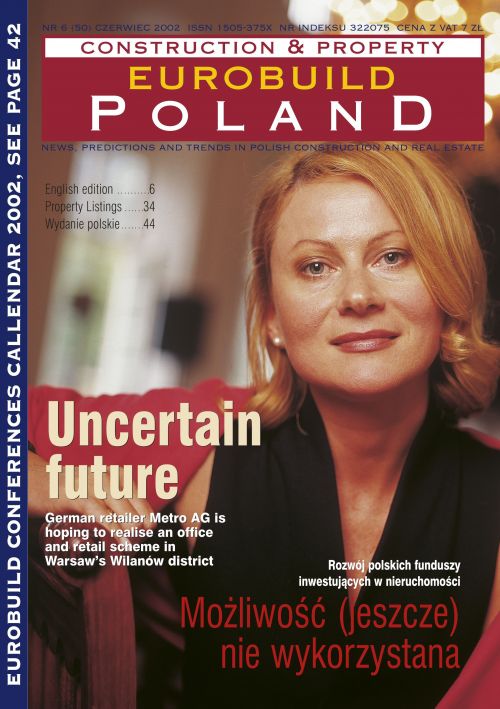Valuation is an art not a science" runs the well-known saying in
valuation circles. According to Małgorzata Żółtowska of Jones Lang
LaSalle, however, it should go a little more like this; ,Office
valuation is a science, shopping centre valuation is an art."
In theory retail centre valuation should be more complicated than the
office equivalent in this market because there are more tenants to deal
with and you have to take into account turnover as well as lease income.
This is a theory that Małgorzata Żółtowska subscribes to. ,The average
number of tenants in a shopping centre is usually much larger than the
list of tenants in an office building," she says.
,And with a retail centre you have to look more closely at the
individual tenants because you have a wide range of performers. There's
also the matter of how competition will evolve in a still unsettled
market and other issues such as turnover related income, which is not
relevant when doing an office building v




























































